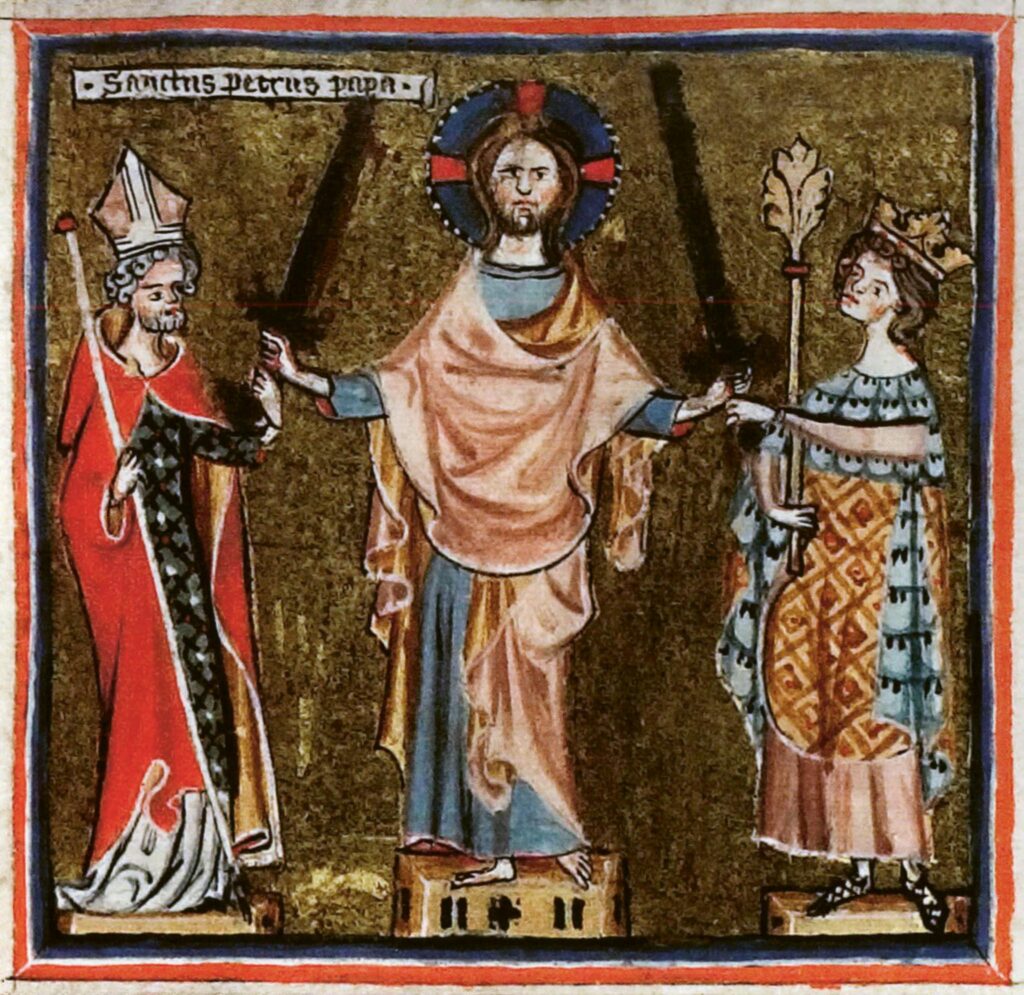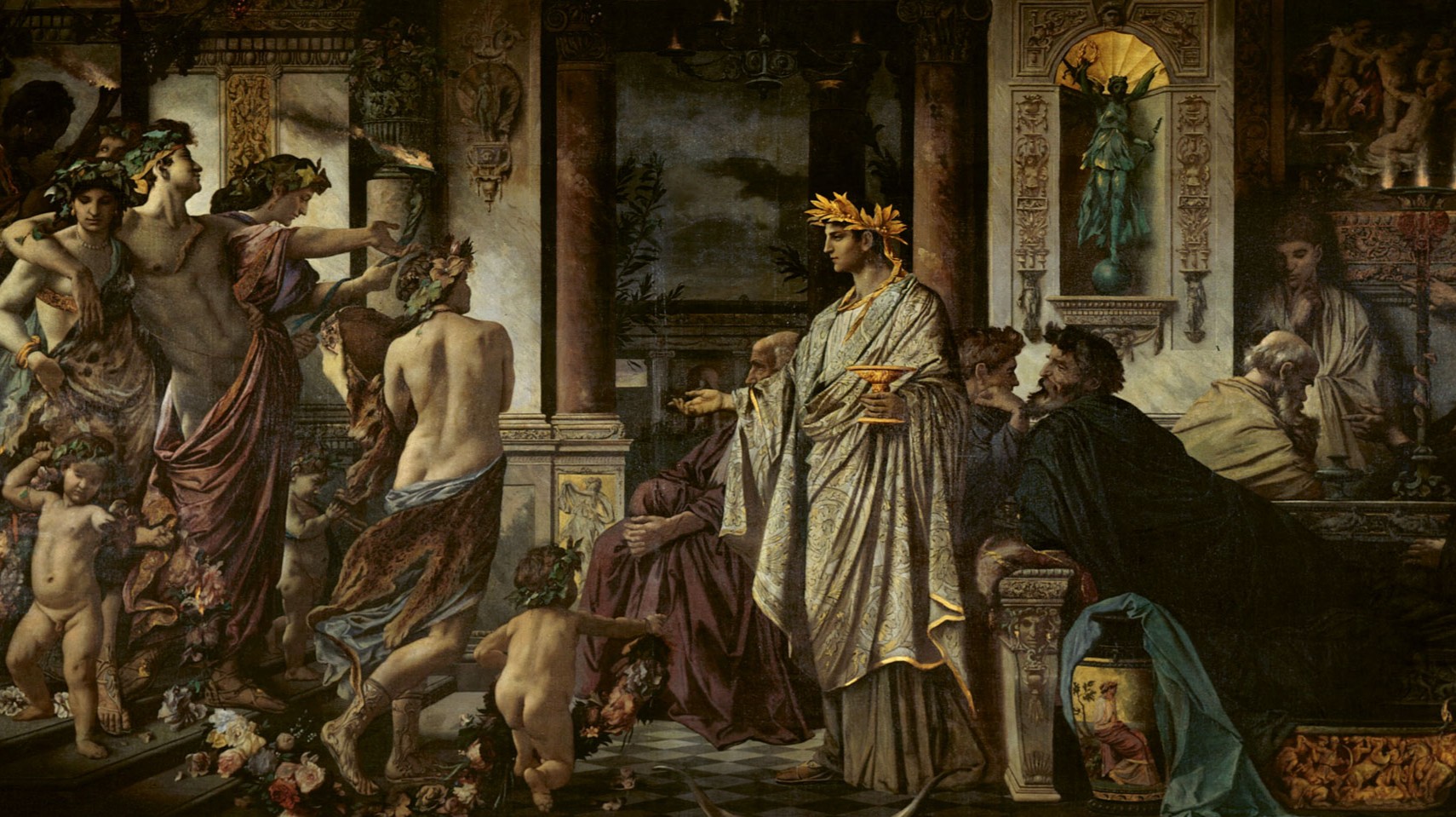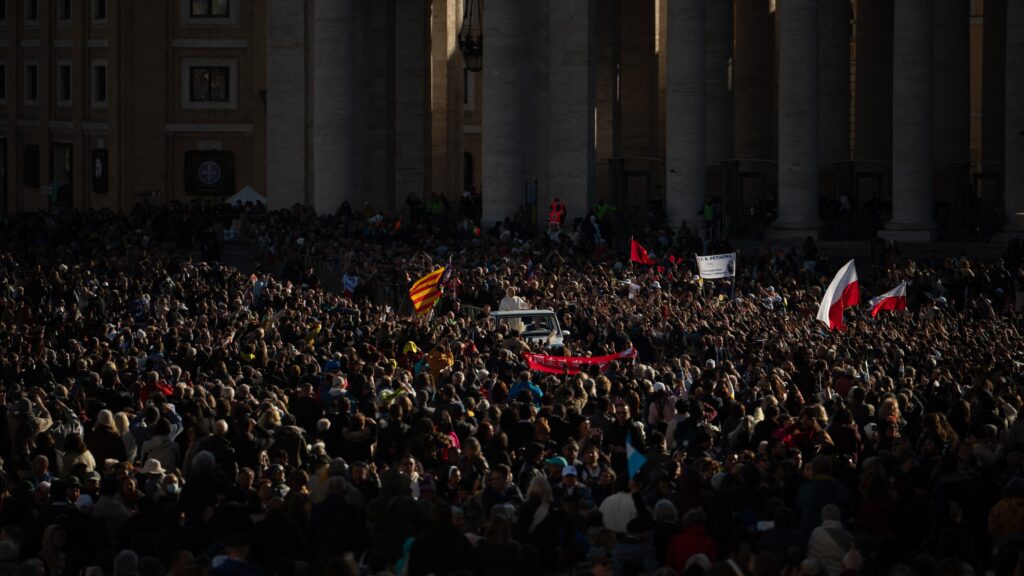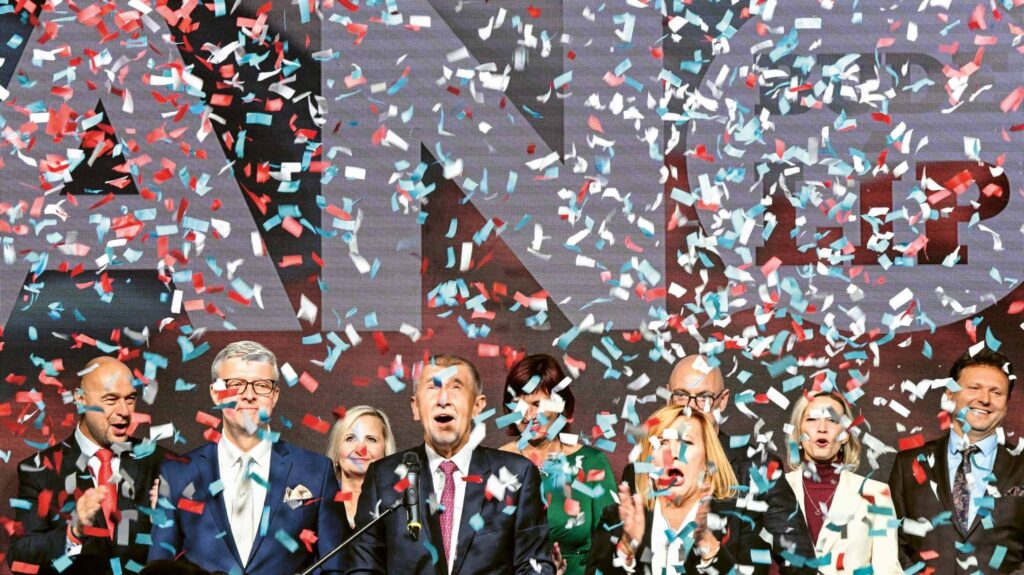This article was originally published in Vol. 5 No. 2 of our print edition.
The nature and the form of power has always been a central question of political philosophy. However, from the Renaissance onwards, the concept of the state (lo stato, l’état, der Staat) gradually came to the fore—carrying a surplus of meaning compared to earlier terms such as regnum, imperium, and res publica. The natural tendency to centralize power gave rise to new political discussions, and the state soon became the subject of disputes. Previously, the primacy of the emperor and the pope had been the main issue: consider, for instance, the never-ending debates about the two swords. The main adversary of the liberals, alongside the church, soon became the traditional—and especially the absolutist—state. The period from the Age of Enlightenment to the First World War can be described as the liberals’ struggle against the great historical structures.
Liberalism, however, had reached its full potential by the twentieth century. It has achieved its highest goals and, in doing so, has cut the human person off from tradition, religion, and natural communities. The struggles of the first progressive ideology seem to continue to this day, but they are clearly a substitute for action. The champions of liberty—fighting officially against the totalitarian state—have become the enthusiasts of totalitarian bureaucracy. They bow to a power that also aims at total equalization and the total abolition of originality. Thus, liberalism has become the twin brother of socialism. Yet liberals have not given up their anti-state stance: they are unable to understand that the state is not inherently bad, but can be used for good purposes. However, today’s liberals no longer represent the interests of an emerging citizenry—but rather its opposite: they agitate on behalf of multinational corporations and supranational entities, absorbing the sovereign’s powers.
Molnar’s volume contains two essays, which reflect on these questions: ‘The Critique of the Ideal State’ (‘Az ideális állam kritikája’) examines the philosophical and historical antecedents, while ‘The American Way of Life’ (‘Az amerikai életforma’)1 is an incisive look at where this great utopian experiment has led in practice. Both of these texts date from the first half of the 1990s, when the Soviet Union was suffering a historic defeat—not merely as a totalitarian regime, but even as a state. At the same time, the unipolar world order was being established: Russia’s economy was in ruins, and China was in the early stages of its great boom. It was the era of Pax Americana. Little did we know then how fragile this world order would be and how comically short-lived Fukuyama’s vacuous and boastful conceit of the ‘end of history’ would be. At that time, there was no significant difference between the economic and foreign policies of successive Republican and Democratic administrations, and American mass culture was spreading around the world on an unprecedented scale. (If only Ortega y Gasset could have seen it!) Since then, the world order has been turned upside down—and to a considerable extent, just as Molnar predicted in another book, L’Europe entre parenthèses, in 1990!2 But this would be the subject of another essay…

In ‘The American Way of Life’, Molnar sees clearly that the American progressive elite wants to impose upon the world a transhumanist turn and to abolish the distinction between men and women. As science spreads and its results bring unprecedented prestige through mechanization, so the impatience of its users grows. They know that science can ensure physical transformation, and they believe that medical intervention can also transform the soul. If new organs can be implanted in the human body, why not create a new personality? Clearly, such a thing is not possible. In fact, it leads to disaster, with human wrecks existing in luxury clinics.3 The Washington ‘deep state’ and the progressive technocratic elite made billions of dollars on inhuman experimentation. The camouflage of this historic crime is ‘Wokeness’. This term was spread after Molnar’s death in July 2010, but he was able to capture the essence perfectly. The new norm is nothing less than a rebellion against the ‘white man’ and ‘white culture’, for the third world, for feminism. A revolt against Plato, Pascal and Kant, for the so-called minorities, which now include AIDS patients and drug addicts!4
Wokeness could be called an ideology—although the term is better reserved for coherent systems of ideas. Even as an ideology, this phenomenon is weak: incoherent, improvisatory, and mannered. It is intellectually bleak and snobbish. Wokeness has no serious thinkers, no philosophical schools associated with it, just activists. It spreads in declarations, hashtags, gestures, and marketing gimmicks. Despite all this, its danger should not be underestimated. There are serious forces and huge fortunes behind it. These forces are also unscrupulous and will abandon the confected Woke fever overnight when they find a more credible, practical, and expedient means of asserting their power. On the day of Donald Trump’s inauguration, he declared war on this phenomenon and began to purge Wokeness from central government. But Western mass culture is so deeply infiltrated by the malaise that it cannot be wiped clean from one year to the next. Moreover, there are clear signs that the Washington deep state is preparing to migrate to Brussels. The new tool of the Woke hydra will be the EU bureaucracy.
The ambitions of this deep state are global. Their dominance has, until recently, allowed them to continuously shape the rules of the game, which, since President Woodrow Wilson, have been summarized as ‘democracy’—whatever that means. But this has always been far from rule by the demos, the people. Throughout its history, the American elite has preached equality before the law, but has failed to implement it. There is still a generation alive that was not allowed to ride the bus with white people, and there is already a generation alive that is being indoctrinated with guilt for daring to be born white and Christian, into a middle-class family. All of this clearly serves no purpose other than to cover up what is happening and to allow the progressive elite to maintain their own domination.
‘Our obligation is to form an international alliance of national forces, a global platform for anti-globalist ideas’
Molnar points out that Americans live their lives in front of a stage set. They are accustomed to believing whatever the screen puts in front of them. Nevertheless, it is clear that a broad section of the people is finding its way back to its roots. More and more people are demanding a say in their own lives once again: they do not want indoctrination anymore. A counter-revolution of normality is taking place on both sides of the Atlantic. The Trump Effect shows that the American people also want to preserve their way of life, and we Europeans are clinging to what is ours, at least in Central Europe.
The past years will go down in history as years of self-awareness—but there is no Wokeness here! It is also about the rise of the conservative forces. There is an emerging class of leaders in the world who have realized that they need to form alliances on a patriotic basis, because only in battle formation can they stand up to liberal globalism. Our obligation is to form an international alliance of national forces, a global platform for anti-globalist ideas—and Hungarian conservatives are doing their job. Because these patriotic forces need intellectual beacons to show them the way. One of them is Thomas Molnar. Read his essays, and prepare to be deeply shocked!
NOTES
1 Thomas Molnar, The Decline of the Intellectual (Routledge, 2017).
2 Thomas Molnar, L’Europe entre parenthèses (Table Ronde, 1990).
3 Cf. Miklós Pogrányi Lovas, ‘Thomas Molnar: The Hungarian Tocqueville’, The European Conservative (8 January 2025).
4 Tamás Molnár, Az amerikai életforma — Az ideális állam kritikája (The American Way of Life — The Critique of the Ideal State), Molnár Tamás Összegyűjtött Művei (Ludovika Egyetemi Kiadó, 2024), 22.
Related articles:






